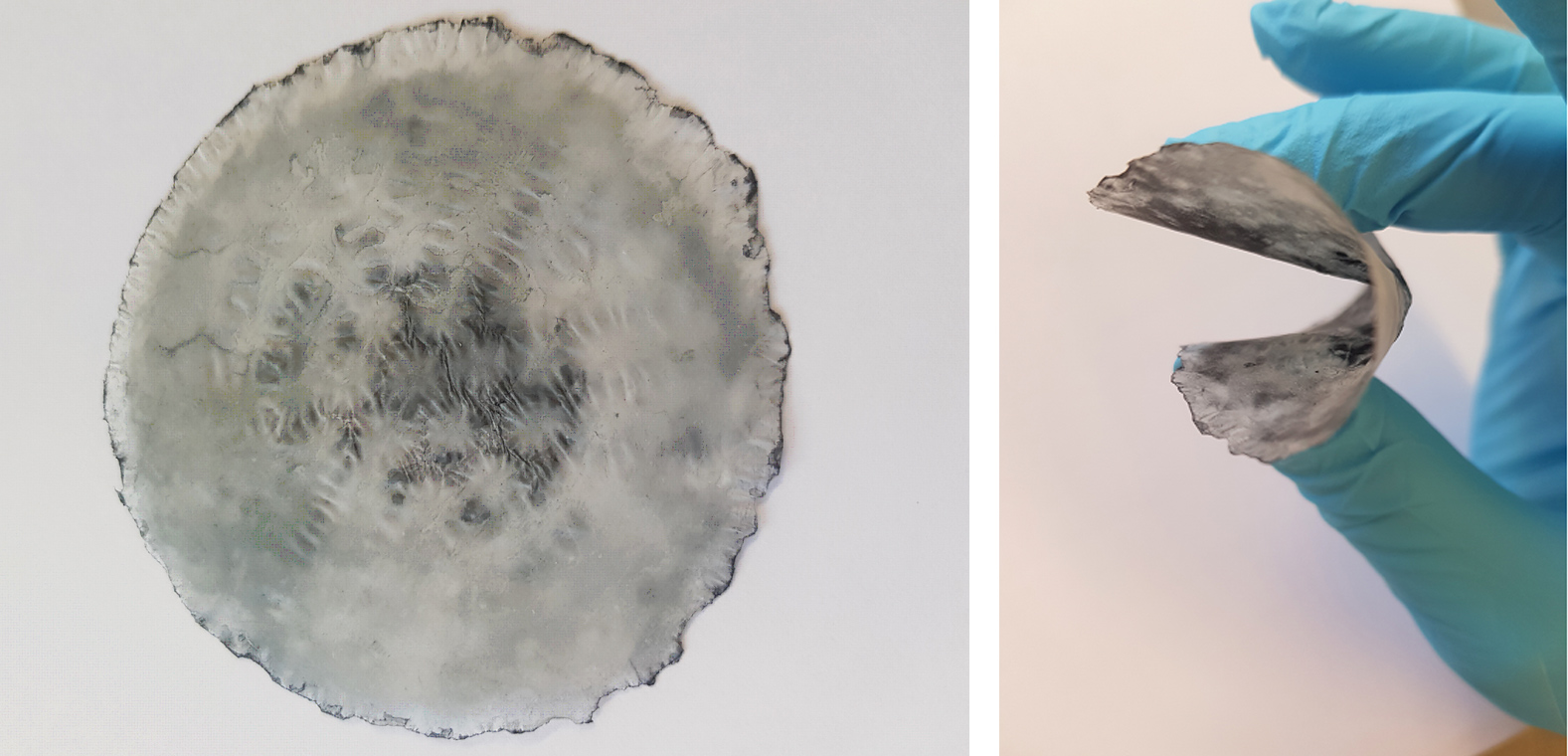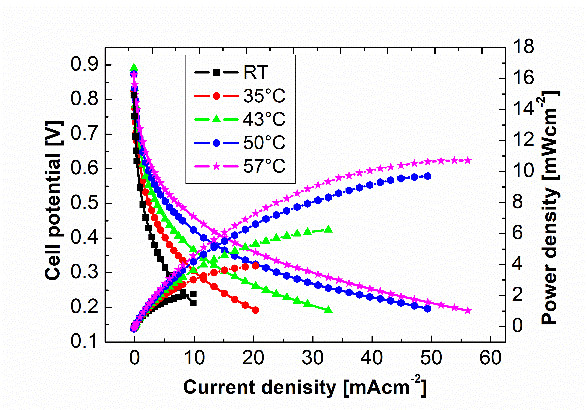IEA AFC Annex 35: Fuel cells for portable applications (Working period 2020 - 2023)
Short Description
Several fuel cell types are suitable for mobile and portable applications. The focus regarding the usage in portable applications lies especially on direct alcohol fuel cells (DEFCs) or low-temperature polymer electrolyte fuel cells (PEFCs).
In particular, the use of liquid energy sources such as ethanol in DEFCs enables a significant increase in user friendliness in portable applications. The development of advanced catalyst systems for liquid fuels such as ethanol thus enables clean energy supply in portable applications. They promise advantages in terms of high performance, low toxicity and environmental friendliness as well as robustness.
Another key aspect for widespread application is to reduce the cost of current systems. There are several approaches: Costs can be reduced by developing new materials and manufacturing processes, by cheaper and more efficient catalysts and stack components, and by higher volumes. Lifetime should be increased to 10,000 hours within the next few years. Increased efficiency and power density will lead to longer operating times, lower heat losses, and reduced CO2 emissions in the future.
The topics of the subtasks of Annex 35 are divided into:
- System analysis and hybridization
- System, stack and cell development
- Codes and standards, safety conditions, fuels and their packaging, transportation
- Lifetime extension for portable fuel cells
The research activities of the Austrian partners are mainly focused on "System, stack and cell development" and "Lifetime extension for portable fuel cells".
In ongoing projects, the catalytic activity and long-term stability of mono/bi or trimetallic catalysts with respect to ethanol oxidation and oxygen reduction in alkaline media and the performance of membranes is improved by adding functionalized graphene oxide (GO). New anode catalyst systems based on non-noble containing metals are developed by various selected synthesis methods to achieve a controlled homogeneous deposition of catalyst nanoparticles on support material.
The synthesized and further developed functionalized graphene-based electrode materials are used for the development of novel membrane electrode assemblies (MEAs), an evaluation of the influence of production parameters and cell design on the performance of the MEAs, and their final characterization at the cell level.
Publications
Publications are available on the website of IEA AFC Annex 35.
Participants
Austria, China, Denmark, Finland, France, Germany, Israel, Italy, Japan, Mexico, Spain, Sweden, Switzerland, South Korea and the USA (Leitung)
Contact Address
Brigitte Hammer, Bakk.
Prof. Dr. Viktor Hacker
Graz University of Technology
Institute of Chemical Engineering and Environmental Technology
Working Group Fuel Cell and Hydrogen
Inffeldgasse 25 C, 8010 Graz
E-Mail: brigitte.hammer@tugraz.at
Tel.: +43 (316) 873-8781


